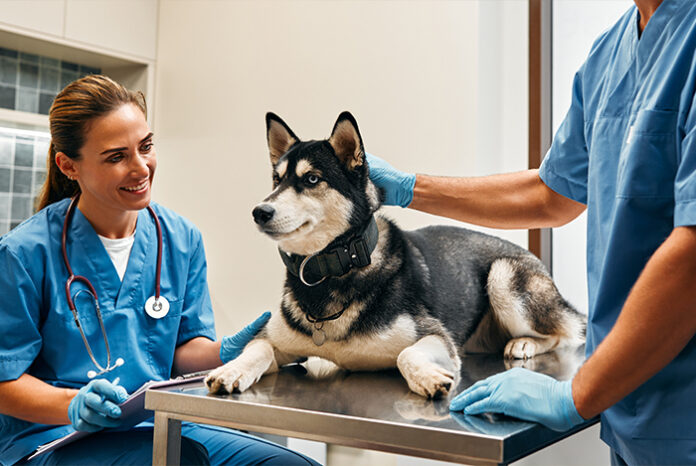
Mast cell tumors and hemangiosarcoma are two serious types of cancer that can affect dogs, often presenting significant challenges for pet owners. Understanding these conditions, their symptoms, and how to manage them naturally can help improve your dog’s quality of life and provide you with the necessary tools to cope with their health issues.
What Are Mast Cell Tumors?
Mast cell tumors (MCTs) are a type of cancer that originates from mast cells, which are a part of the immune system and play a crucial role in allergic reactions and inflammation. These tumors can occur anywhere on the body but are most commonly found on the skin.
Symptoms of Mast Cell Tumors:
Lumps or bumps on the skin
Redness or swelling around the tumor
Gastrointestinal issues (vomiting, diarrhea)
Loss of appetite
Lethargy
What Is Hemangiosarcoma?
Hemangiosarcoma is a malignant cancer that arises from the cells lining the blood vessels. It often affects the spleen, liver, and heart, and can spread rapidly. This cancer is particularly aggressive and is frequently diagnosed in its advanced stages.
Symptoms of Hemangiosarcoma:
Sudden collapse
Pale gums
Abdominal swelling
Lethargy
Weight loss
1. Nutritional Support
A balanced diet rich in antioxidants and anti-inflammatory foods can help support your dog’s immune system.
Omega-3 Fatty Acids: Found in fish oil, these can help reduce inflammation and support heart health.
Antioxidants: Blueberries, cranberries, and leafy greens can help combat oxidative stress.
High-Quality Protein: Ensures your dog maintains muscle mass and strength.
Certain herbs have shown promise in supporting dogs with cancer.
Turmeric (Curcumin): Known for its anti-inflammatory properties, turmeric can help manage inflammation and pain.
Milk Thistle: Supports liver health and detoxification processes.
CBD Oil: May help reduce pain and inflammation, and improve overall comfort.
Acupuncture and massage therapy can alleviate pain, reduce stress, and improve overall well-being.
Acupuncture: Helps in pain management and can enhance the effectiveness of other treatments.
Massage Therapy: Promotes relaxation and reduces muscle tension.
Dealing with a dog diagnosed with cancer can be emotionally taxing. Here are some tips to help you cope:
1. Stay Informed
Educate yourself about your dog’s condition and treatment options. Knowledge can empower you to make informed decisions and reduce anxiety.
2. Create a Support System
Lean on friends, family, and support groups. Talking to others who understand your situation can provide comfort and practical advice.
3. Practice Self-Care
Ensure you take time for yourself to relax and recharge. Activities like exercise, meditation, or hobbies can help manage stress.
4. Seek Professional Help
If you find it overwhelming, consider speaking with a therapist who can provide strategies to cope with the emotional burden.
Mast cell tumors and hemangiosarcoma are serious conditions that require immediate veterinary attention. Alongside conventional treatment, natural health solutions can offer additional support, improving your dog’s quality of life. Remember, taking care of your mental health is just as important as caring for your pet. Stay informed, seek support, and practice self-care to navigate this challenging journey.











